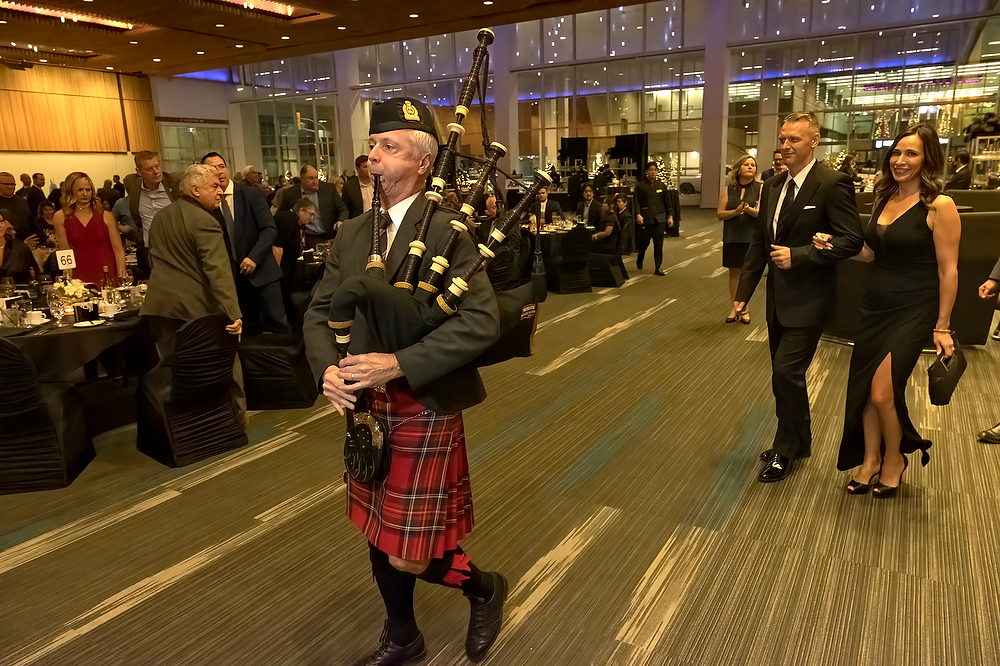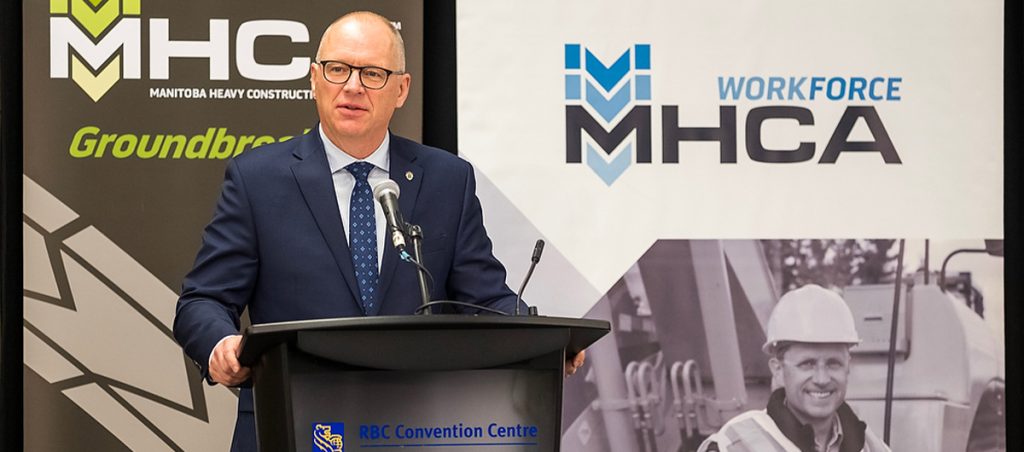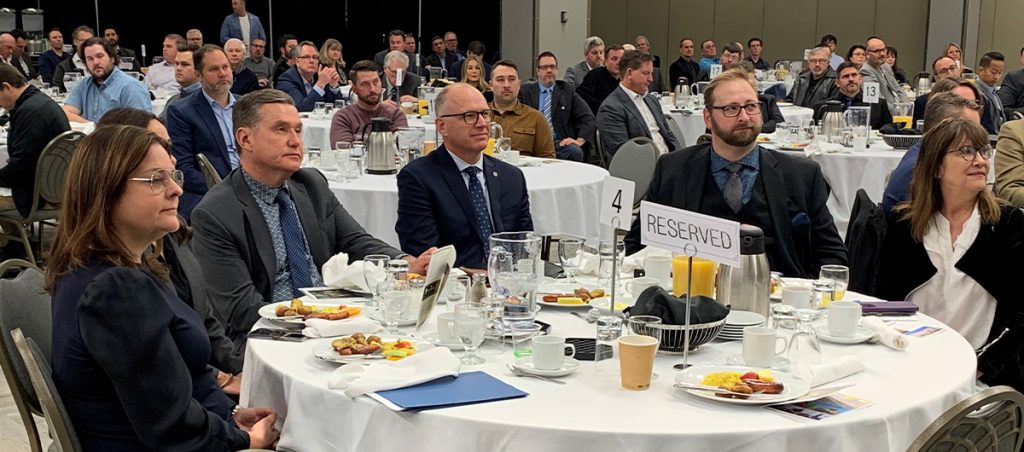Fuel price escalation, workforce development top of mind: MHCA
The City of Winnipeg is considering the MHCA’s suggestions on adjusting street renewal construction project contracts, recognizing bids were submitted on tenders from December on could not have contemplated fuel prices now in effect.
The proposal from the MHCA would see contracts bid upon, or awarded, in that time period – where work has not yet started — include a fuel price adjustment clause. The adjustment would kick in when the price differential is greater than 15%, either higher or lower.
Further, the MHCA supports making this clause optional, on a contractor-by-contractor basis, for street renewal tender bids/awards from December to present.
The discussion with the City of Winnipeg were brought to the MHCA Executive Committee meeting April 27. MHCA President Chris Lorenc said the fuel price sub-committee also is requesting that such an adjustment clause become part of the general conditions of all construction contracts, including water and waste, as of May 1, 2022.
“We have to contemplate, in advance of extraordinary swings in the price of fuel, for the need of adjustment. Trying to address such swings when unforeseen and unpredictable events – such as Russia’s invasion of Ukraine – happen is a very difficult proposition,” Lorenc said.
The Executive Committee directed the MHCA to request the City of Winnipeg adopt a fuel adjustment clause for all construction contracts.
The committee was also briefed on a meeting Lorenc, Board Chair Nicole Chabot and Board member Tony Teixeira, recently appointed Chair of the Workforce Development Committee, had with Minister Jon Reyes, Education, Skills and Immigration.
The heavy construction industry needs to recruit new or experienced workers but the current system of recruiting newcomers to Manitoba through the federal immigration program or through the Provincial Nominee Program missed the mark.
Both programs favour immigrants who are highly educated or have professional certification, through a points-award system. The heavy construction industry recruits labourers from high school, and the skills or trades employed typically do not carry professional certification.
Yet, for centuries, Canada has grown rich through the roots laid down by and the work performed by such newcomers.
Among the other items discussed by the Executive Committee were:
- Lorenc has been publicly commenting, through media interviews, on the need for robust road renewal budgets, to address the condition of Winnipeg’s roads. Critical to this problem is a new fiscal deal for municipalities, for better sharing of tax revenues among the levels of government so towns and cities can fix, maintain and build roads.
- Recommendations for updating the Construction Industry Wages Act – and the minimum wage scale for the heavy construction industry – is expected to be approved shortly and will then go to consultations.
- The federal budget in April was disappointing, with little attention paid to necessary investment in Canada’s trade corridor system
- Bell MTS has committed to improving the response of locate requests, completing them in earlier timeframes for the 2022 construction season.
- Executive Committee directed MHCA to send a letter to Mayor Brian Bowman and Council, expressing concern about the increasing motions, from councilors, for drawing on the regional and local street renewal budget to fund additional program priorities
Note: An earlier version of this article said the retroactive opt-in for fuel adjustment would apply on bids submitted December to mid-February. That has been corrected.








